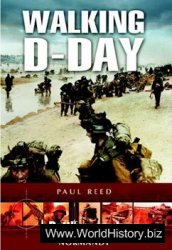International football in the 1920s began on a sour note. The FA withdrew from FIFA over the question of rejoining competition witli the defeated Axis powers, a rift that rumbled on until 1924.The late 1920s saw the England team suffer two reverses which became milestones in the record books. The first came on 31 March 1928, when Scotland came to Wembley and handed England a 5-1 thrashing. Alex Jackson, Alex James and Hughie Gallacher were among the stars who would go down in history as the “Wembley Wizards”.
Continental football on the rise
Perhaps an even more significant defeat came on 15 May the following year. England went to Madrid and lost 4-3 to Spain, their first-ever defeat at the hands of a foreign side. This didn’t surprise everyone. There were already rumblings from some commentators, who argued that English teams would do well to look to dieir continental cousins, who put greater emphasis on coaching and training. This was an era in which many English coaches were adherents of die “ball starvation” philosophy, denying players too much ball-work during the week so that they would be hungry for it on match days.

Above: England*s goalkeeper. Brown, clearing from a corner kick in the international match with Wales at Wrexham in 1927. The game finished in a 3-3 draw.
Below: 1928: Blackburn's Roscamp charges towards Mercer, the Huddersfield keeper, and seconds later scored when Mercer lost the ball. The 1928 Cup Final brought fewer surprises and upsets than that held the previous year when Cardiff City defeated Arsenal and carried the cup to Wales, but Roscamp's first goal scored in the opening minutes of the match was an exciting start. Huddersfield were outplayed by the Blackburn team, losing the match by three goals to one.


Above: Ours again. Blackburn players show off the Cup from a motor-coach as the team leave Wembley.
Right: Portsmouth goalkeeper Gilfillan makes a good save under pressure from a Bolton attacker in the 1929 Cup Final. His outstanding performance, however, couldn’t stop Bolton running out 2-0 winners.




 World History
World History









